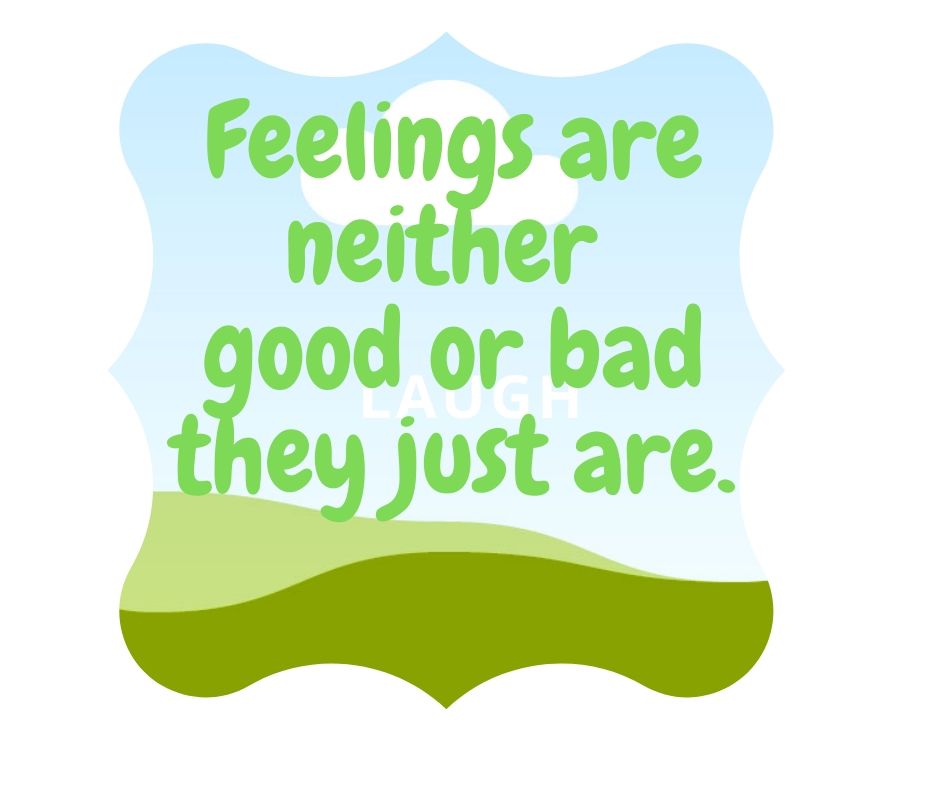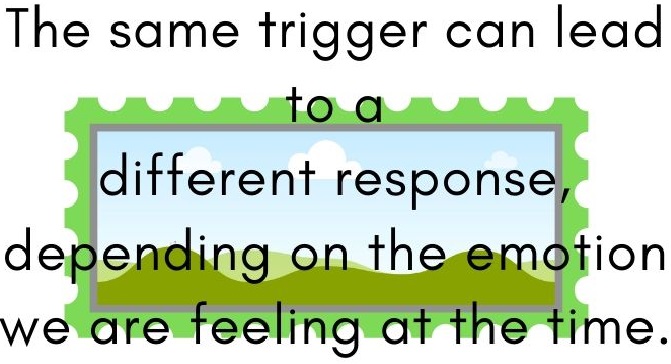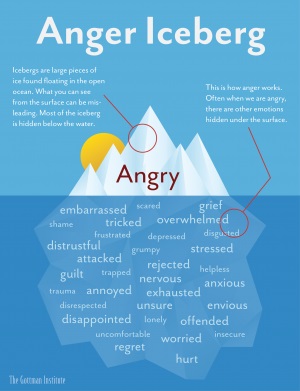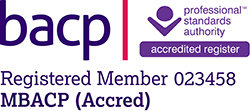You may want to refer back to Part 1 if what I am saying does not make sense because this is a continuation of that. In this blog I want to look at our emotions.
 Emotions are neither good or bad they just are! We don’t mind people being happy, grieving for a loved one or joyful if they have just had some good news. We can understand these emotions but anger always seems to get a bad press. It is always seen as bad and this is often because of the behaviour it leads someone to display – shouting, lashing out or breaking things. These tend to be negative things and we don’t like them because they upset us and can make us feel fearful.
Emotions are neither good or bad they just are! We don’t mind people being happy, grieving for a loved one or joyful if they have just had some good news. We can understand these emotions but anger always seems to get a bad press. It is always seen as bad and this is often because of the behaviour it leads someone to display – shouting, lashing out or breaking things. These tend to be negative things and we don’t like them because they upset us and can make us feel fearful.
Paul Elkham did some research into this and he devised a theory called the Atlas of Emotions. He says our emotions unfold on a timeline. The timeline begins with a trigger that initiates an emotional experience and ultimately results in a response. For example, you are feeling angry and a friend gets angry with you and your response is to argue. However, if you are feeling disgust at the time your friend gets angry with you, you will have a different response. The way we react depends on the way we are feeling at the time.
The trigger to our reaction occurs in a context:
- Our current circumstances and feelings
- The event (someone saying something or doing something that makes you angry;
- Our view of the world which is influenced by our prior experiences, personal history and inherited universal scripts about important events. These things cause us to react – our triggers or our “buttons”.
So using our example above – You are tired because you have not slept well and your friend gets angry with you and you’re reminded of a bully and you feel angry and you argue. Another example, you are reading something scary in the news and a friend gets angry with you and this reminds you of abandonment and so you feel fearful and you imagine your friend leaving.
The emotional experience that is triggered also includes subjective feelings and physical sensations. These colour our perception of a situation. So let’s see those examples again. You are tired because you have not slept well and your friend gets angry with you and you’re reminded of a bully (your body becomes tense and you feel you are being attacked) and you feel angry and you argue. You are reading something scary in the news and a friend gets angry with you and this reminds you of abandonment and so you feel fearful (your heart pounds and you expect them to leave) and you imagine your friend leaving.
The simple, but not easy, goal of this Atlas is to help us be aware of our emotions. Awareness of our emotions means understanding how they are triggered, what they feel like and how we respond. Awareness itself is a strategy; it helps us understand our emotional experiences. We do not want to get rid of our emotions; we want strategies that help us respond in helpful, constructive ways.
Notice how the same trigger can lead to a different response, depending on the emotion we feel.

One of the ways to be more emotional aware is by being more reflective. Mindfulness helps us to be aware. It, in a way, slows us down so we can become aware of all our senses, feelings, actions, etc. It brings us into the moment. When we are angry it is hard to be in the moment but afterwards we can stop and reflect and think about what was happening just before our emotional outburst. Good questions to ask ourselves are,
- What was I thinking?, “What were the thoughts in my head? – they are attacking me again, no-one likes me, why can’t they listen, why won’t they understand.
- What was I feeling? – attacked, sadness upset, hurt, feeling worthless, put-down.
- What was happening in my body physically? – Heart pounding, chest getting tight, pins and needles, hot, headache.
- What was happening just before I had my outburst? –did somebody say something (was it the way they said it), did something happen.
Some people find it helpful to write down the answers to do these questions. Some people call it an anger diary although it doesn’t matter what you call it. If/when we get into the habit of doing this it helps us to get a clearer idea of what is happening just before we erupt. It can help us to see patterns of behaviour and thoughts and these are clues to what emotions are really underneath the anger. Remember our iceberg?
 Remember anger is a secondary emotion, when we get angry it is often touching something deeper within us. It may be a sense of rejection or feeling guilty about something that is really being triggered within us. When we can slow down and get in touch with what is happening when we get angry then we can take the first steps towards understanding our anger and so dealing with it.
Remember anger is a secondary emotion, when we get angry it is often touching something deeper within us. It may be a sense of rejection or feeling guilty about something that is really being triggered within us. When we can slow down and get in touch with what is happening when we get angry then we can take the first steps towards understanding our anger and so dealing with it.
This is OK for those who are feeling angry but what about those of us who are the sharp end of this anger. How do we deal with it, I hear you say. I will do a special blog for you when I have finished these on awareness. A couple of tips whilst you are waiting. One of the worst things you can say to someone who is angry is “Will you calm down!”, this only makes them even more angry. After the person has calmed down try and talk calmly about the situation that you were arguing about. Talk about the situation and try not to use statements like “You always get angry when….” It is not about blaming each other rather it is looking at the actual situation and seeing how it could have been handled differently.
More to follow….. in a blog of it’s own.
Further Information
- On my webpage counsellinginblackpool.com there is a free downloadable worksheet showing the four areas that we are affected in when we get angry. Why not download one, pick a situation that you got angry in and see if you can identify your behaviour, emotions, physical sensations and thoughts. Download as many as you want.
- I have sessions available if you want to come and get some help with your anger. Please ring (07821 691888) or email (Ursula@counsellinginblackpool.com) me to arrange your free half an hour consultation.


I like this website very much so much wonderful info .
Wonderful web site. Plenty of useful information here. I am sending it to a few friends ans also sharing in delicious. And of course, thank you to your effort!
Thanks a bunch for sharing this with all of us you actually know what you are talking about! Bookmarked. Kindly also visit my website =). We could have a link exchange contract between us!
Great blog article.Thanks Again. Really Cool.
Its great as your other content : D, regards for putting up.